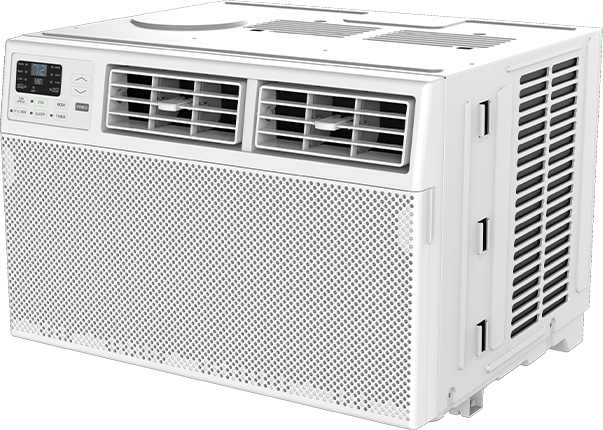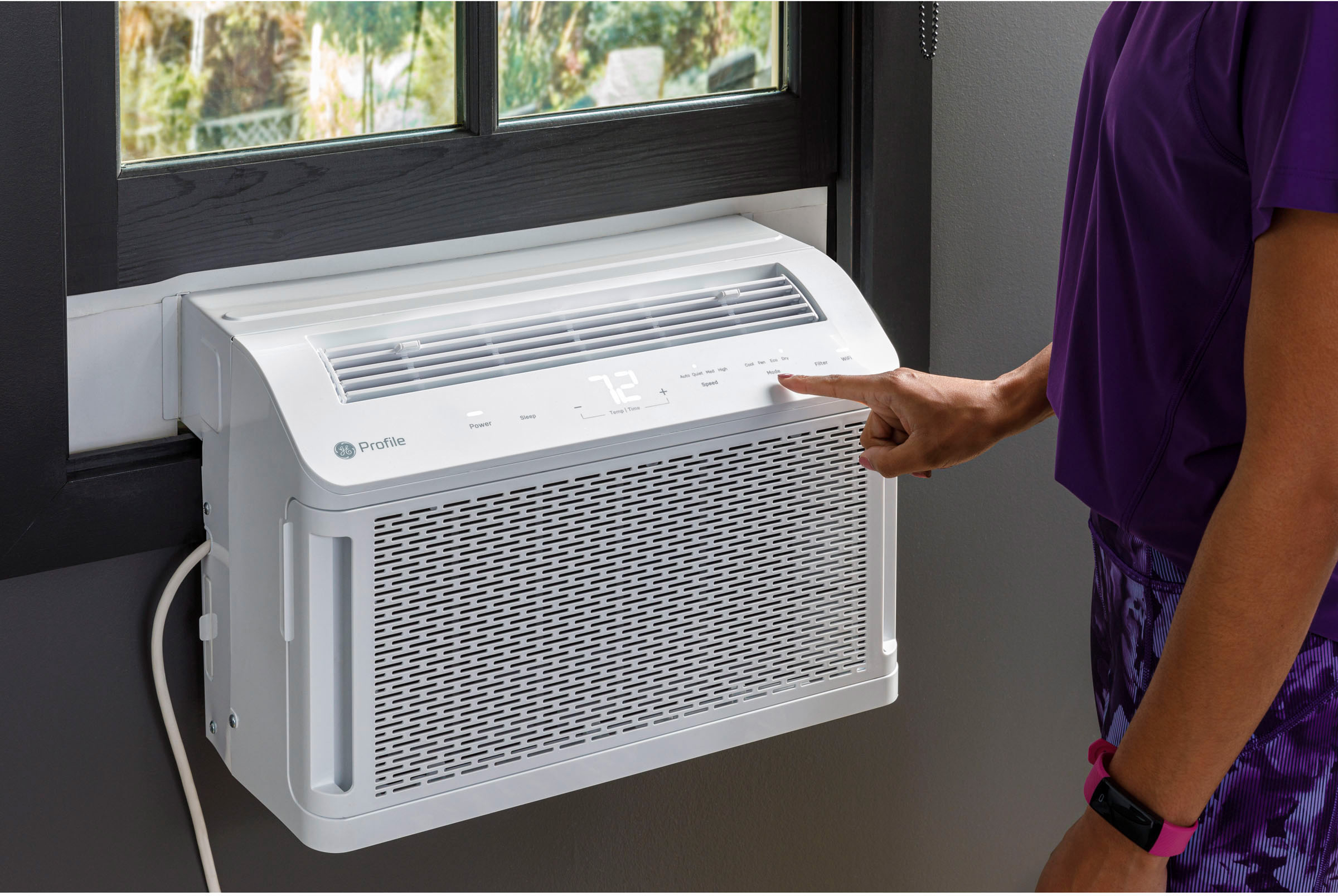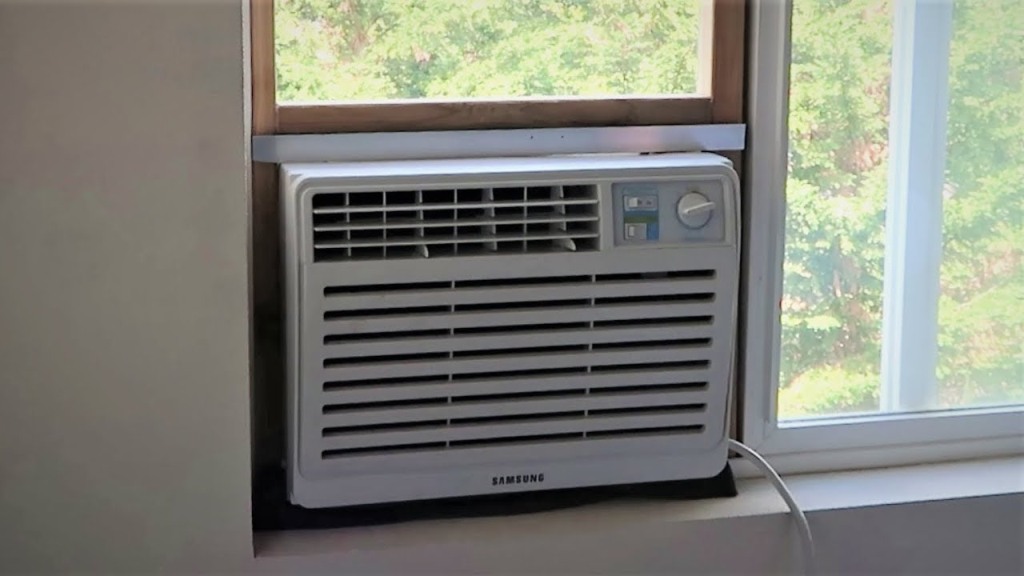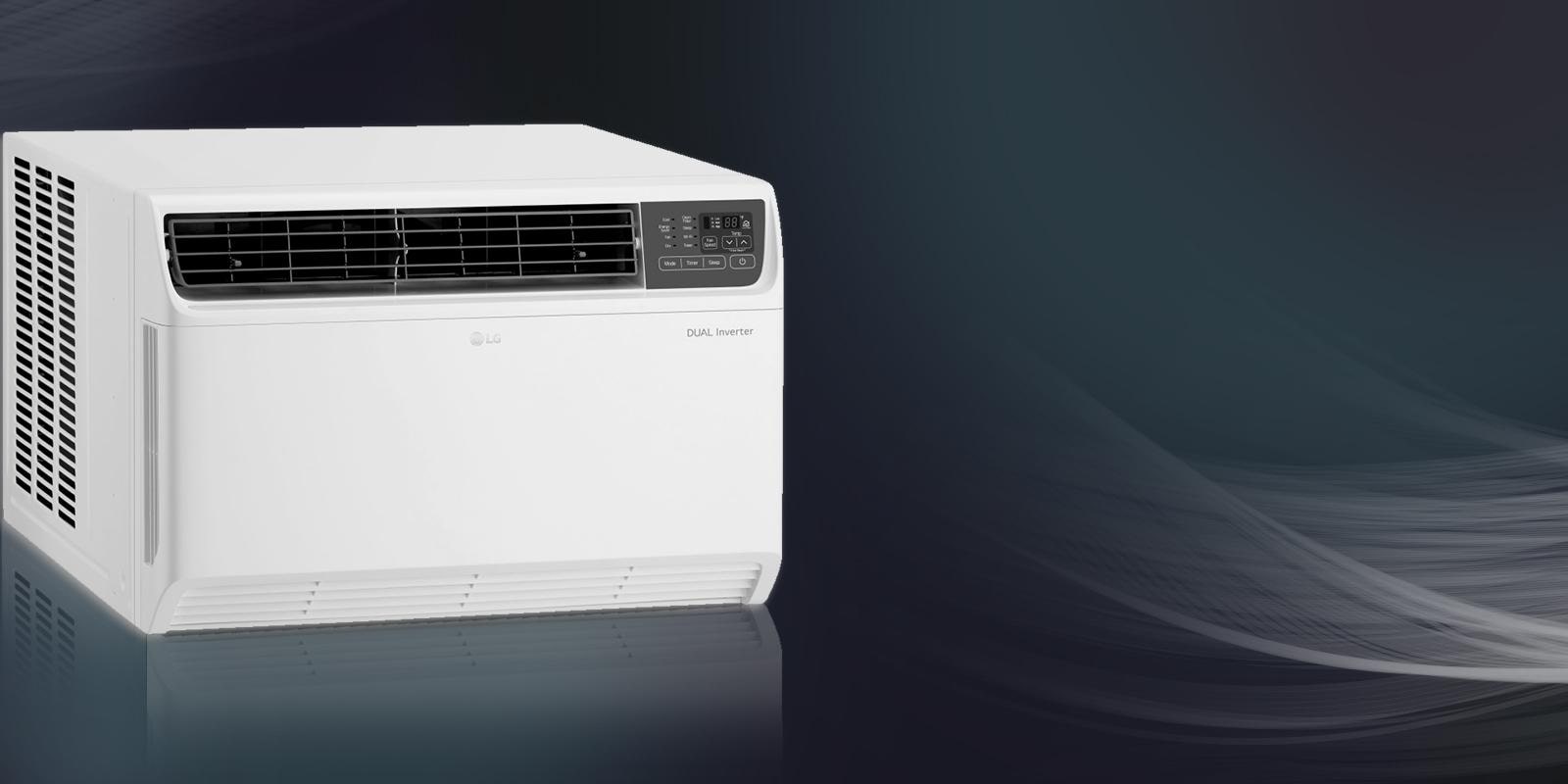Window Air Conditioners For Mobile Homes
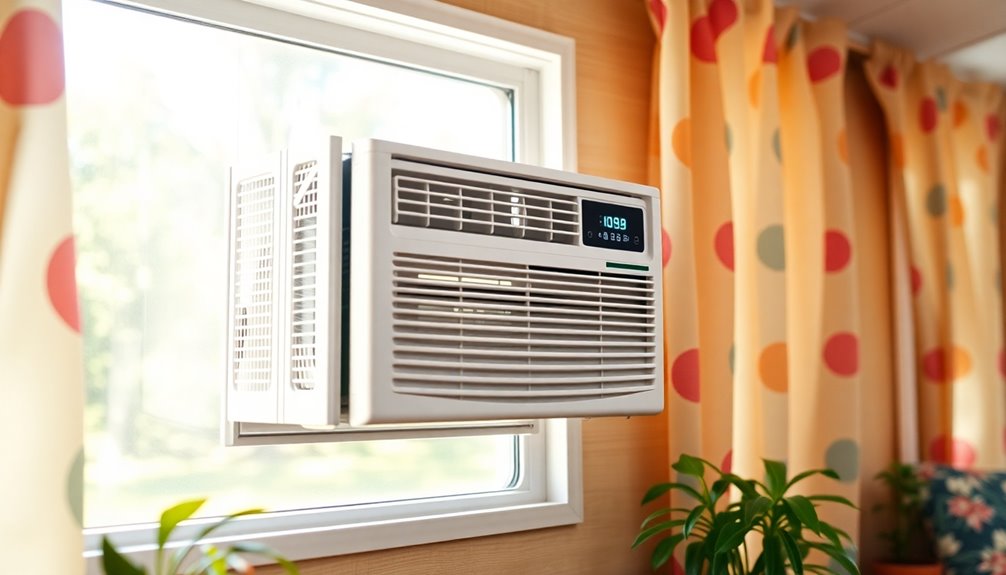
Window Air Conditioners For Mobile Homes: A Comprehensive Guide
Maintaining a comfortable temperature in your mobile home is crucial, especially during the hot summer months. While central air conditioning is an option, window air conditioners offer a more affordable and often simpler solution. This guide will walk you through everything you need to know about using window AC units in your mobile home, from choosing the right size to installing and maintaining them.
Choosing the Right Size Window AC Unit
Selecting the correct size AC unit is vital for efficient cooling and preventing energy waste. An undersized unit will struggle to cool the space, while an oversized unit will cycle on and off frequently, leading to inconsistent temperatures and higher energy bills. The cooling capacity of an AC unit is measured in British Thermal Units (BTUs).
Here's how to determine the BTU requirements for your mobile home:
- Calculate the square footage: Measure the length and width of the room or area you want to cool and multiply them together.
- Use a BTU chart: A general rule of thumb is to use 20 BTUs per square foot. However, consider these additional factors:
- Sun exposure: If the room receives a lot of direct sunlight, increase the BTU requirement by 10%.
- Insulation: Poorly insulated mobile homes require more BTUs. Add 10% to the BTU calculation if insulation is lacking.
- Number of occupants: Add 600 BTUs for each additional person who regularly occupies the space.
- Kitchen: If the AC unit will be cooling a kitchen area, add 4,000 BTUs.
- Example: Let's say you want to cool a 200 square foot room with moderate sun exposure and good insulation. The calculation would be:
- 200 sq ft * 20 BTU/sq ft = 4,000 BTUs
- Moderate sun exposure: No adjustment needed in this example.
Important Note: Mobile homes often have less insulation than traditional homes, so err on the side of slightly higher BTU capacity.
Installation Tips for Mobile Homes
Installing a window AC unit in a mobile home requires a bit more care than installing it in a standard window. Here’s what you need to consider:
Window Compatibility
Mobile home windows can vary greatly in size and construction. Measure your window opening carefully to ensure the AC unit will fit securely. Some mobile homes have windows that slide horizontally, requiring special AC units or modifications.
Tools You'll Need:
- Measuring tape
- Screwdriver (Phillips and flathead)
- Adjustable wrench
- Level
- Utility knife
- Safety glasses
- Gloves
- Window support brackets (if needed)
- Foam weather stripping or insulation tape
Installation Steps
- Prepare the window: Clean the window frame and sill thoroughly. Remove any obstructions that might interfere with the AC unit.
- Install support brackets (if needed): Mobile home windows may not be strong enough to support the weight of the AC unit. Install support brackets according to the manufacturer's instructions.
- Position the AC unit: Carefully lift the AC unit into the window opening. Ensure it's centered and level.
- Extend the side panels: Extend the side panels to fill the remaining gaps in the window opening.
- Secure the unit: Use screws or mounting hardware provided with the AC unit to secure it to the window frame and/or support brackets.
- Seal the gaps: Use foam weather stripping or insulation tape to seal any gaps around the AC unit and side panels. This will prevent air leaks and improve efficiency.
- Install the tilt mechanism: Ensure the AC unit is slightly tilted outwards to allow condensation to drain properly.
- Plug in the AC unit: Connect the AC unit to a dedicated electrical outlet. Avoid using extension cords if possible.
Safety First: Always disconnect the power before performing any maintenance or repairs on your AC unit. Wear safety glasses and gloves to protect yourself from injury.
Maintenance Tips for Window AC Units
Regular maintenance will keep your window AC unit running efficiently and extend its lifespan.
Cleaning the Filter
The air filter is the most important component to keep clean. A dirty filter restricts airflow, reduces cooling efficiency, and can even damage the AC unit.
- Clean the filter every 2-4 weeks, depending on usage and air quality.
- Remove the filter and wash it with warm, soapy water.
- Rinse the filter thoroughly and allow it to air dry completely before reinstalling it.
- Some filters are disposable and should be replaced instead of cleaned.
Cleaning the Coils
The condenser coils on the back of the AC unit can accumulate dust and debris, reducing cooling efficiency.
- Clean the coils at least once a year, preferably before the start of the cooling season.
- Disconnect the power to the AC unit.
- Use a soft brush or vacuum cleaner with a brush attachment to remove dust and debris from the coils.
- You can also use a coil cleaner specifically designed for AC units. Follow the manufacturer's instructions carefully.
Checking for Leaks
Inspect the AC unit regularly for water leaks. Leaks can indicate a clogged drain or other problems.
- If you notice a leak, check the drain pan for obstructions.
- Clean the drain pan with a mild bleach solution to prevent mold and mildew growth.
- If the leak persists, consult a qualified HVAC technician.
Troubleshooting Common Issues
Here are some common problems you might encounter with your window AC unit and how to troubleshoot them:
- AC unit not cooling: Check the filter, coils, and refrigerant level. Ensure the thermostat is set to the correct temperature.
- AC unit making strange noises: Check for loose parts or debris inside the unit. Lubricate the fan motor if necessary.
- AC unit leaking water: Check the drain pan and drain line for clogs. Ensure the AC unit is properly tilted.
- AC unit tripping the circuit breaker: The AC unit may be drawing too much power. Check the electrical outlet and circuit breaker. You may need to upgrade your electrical service.
- AC unit won't turn on: Check the power cord and outlet. Ensure the thermostat is set to the correct setting.
When to Call a Professional
While some AC repairs can be done DIY, certain issues require the expertise of a qualified HVAC technician. Call a professional if you encounter any of the following:
- Refrigerant leaks
- Compressor problems
- Electrical issues you are uncomfortable handling
- Persistent water leaks
- Any repairs that require specialized tools or knowledge
Cost Estimates
Here's a general idea of the costs associated with window AC units and repairs:
- New window AC unit: $150 - $800, depending on size and features.
- Professional installation: $50 - $200.
- Filter replacement: $10 - $30.
- Coil cleaning: $50 - $150.
- Refrigerant recharge: $100 - $300 (if needed).
- Compressor replacement: $300 - $800 (major repair, may be better to replace the unit).
Note: These are just estimates. Actual costs may vary depending on your location and the specific problem.
Alternatives to Window AC Units
While window AC units are a popular choice, consider these alternatives for cooling your mobile home:
- Portable air conditioners: These units are self-contained and can be moved from room to room.
- Swamp coolers (evaporative coolers): These units are effective in dry climates.
- Ductless mini-split systems: These systems offer efficient cooling without the need for ductwork. They are more expensive than window units but offer better performance.
- Whole-house fans: Can be used to exhaust hot air and bring in cooler outside air during the evening and early morning.
Conclusion
Window air conditioners can be a cost-effective and efficient way to cool your mobile home. By choosing the right size unit, installing it properly, and performing regular maintenance, you can enjoy a comfortable and cool living space all summer long. Remember to prioritize safety and consult a qualified HVAC technician for any repairs that are beyond your skill level.
By taking the time to understand your cooling needs and following these guidelines, you can create a comfortable and energy-efficient environment in your mobile home. Remember, proper installation and maintenance are key to maximizing the performance and lifespan of your window AC unit.

